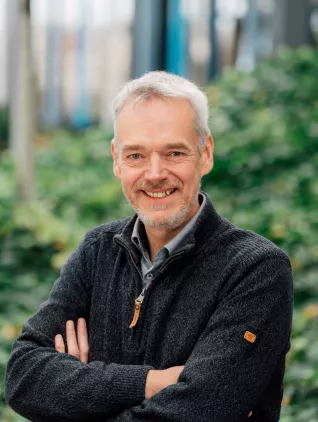NutriHAF - Diversifying agriculture for balanced nutrition through fruits and vegetables in multi-storey cropping systems
Research project at a glance
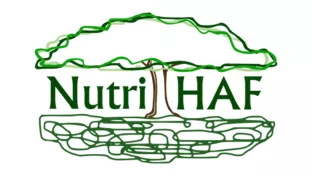
Departments and Instituts
Funding type
Period
01.02.2015 to 30.06.2018
Project Description
Two billion people worldwide suffer from the consequences of inadequate nutrition and micronutrient deficiencies, which result in physical weakness, disease and, in extreme cases, death. Against this background, the German Federal Ministry of Food and Agriculture (BMEL), with the support of the project executing agency Federal Agency for Agriculture and Food (BLE), is funding four German-African research consortia with a total funding amount of around 4.5 million euros for the next three years. The aim of the collaborations is to research solutions for improving the food situation in eastern and southern Africa.
NutriHAF, in collaboration with smallholder farmers in Ethiopia and Madagascar, is exploring opportunities for fruit and vegetable production in agroforestry systems, particularly in areas of high biodiversity. This pursues several goals: To reduce malnutrition locally. Among other things, growing fruits and vegetables under trees is intended to provide a variety of crops for improved nutrition, protect biodiversity by relieving pressure on local natural resources, and protect soil from erosion. Furthermore, it is planned to create awareness of diverse diets among local farmers, consumers, agricultural extension service providers, and policy makers through training of professionals and local people. To this end, the International Center for Sustainable Development is developing training materials in the areas of "food safety, hygiene and nutrient preservation" and conducting workshops for different target groups in Ethiopia.
Cooperation partners
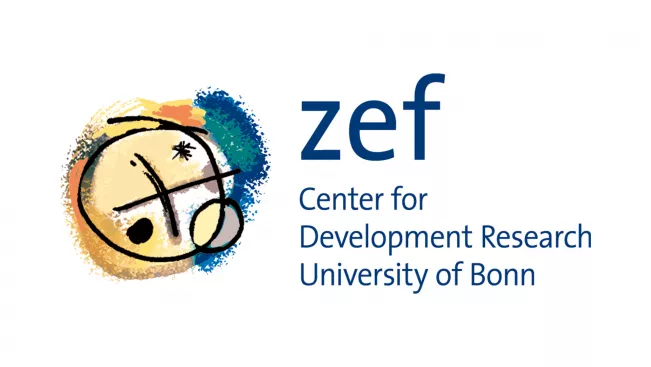
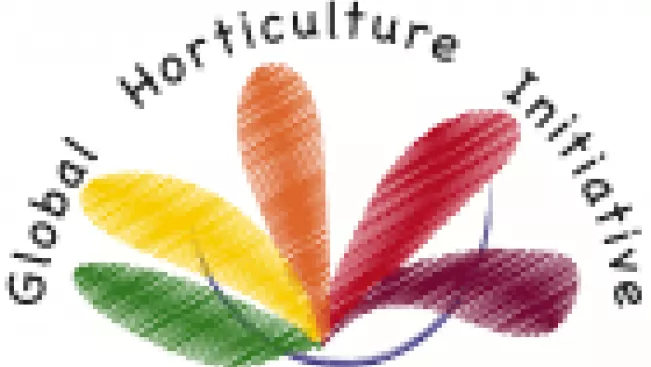
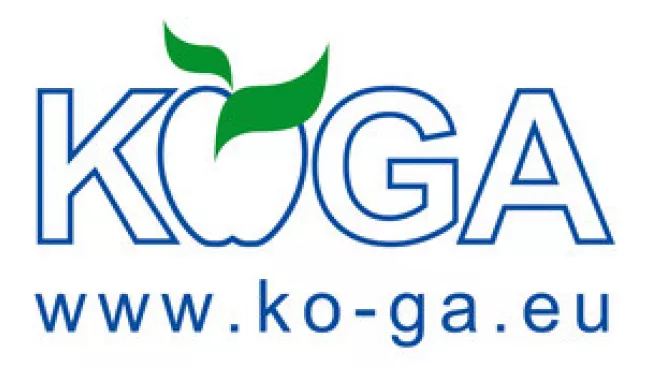
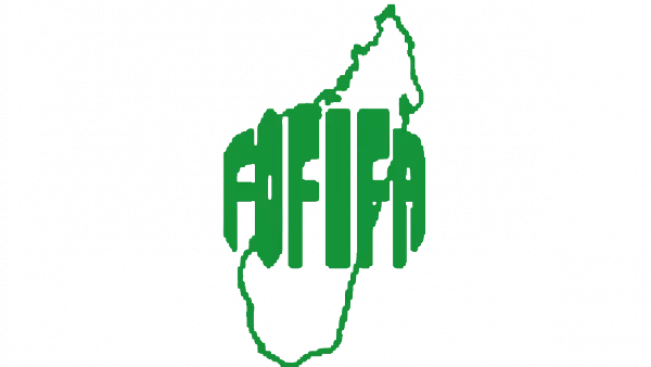
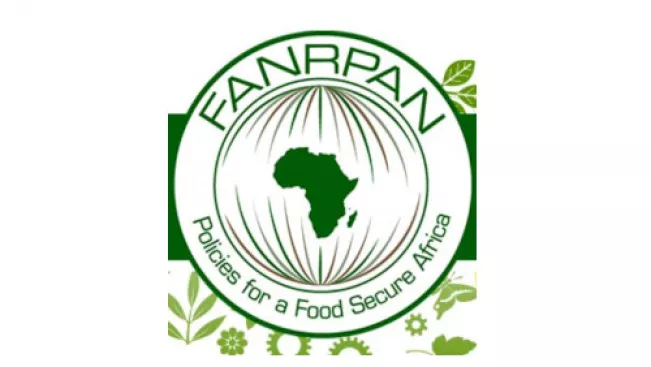
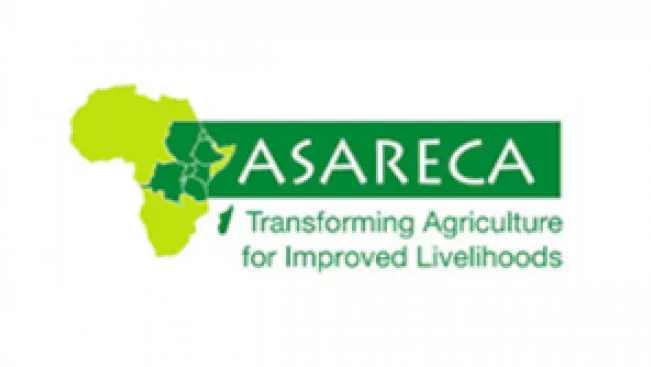
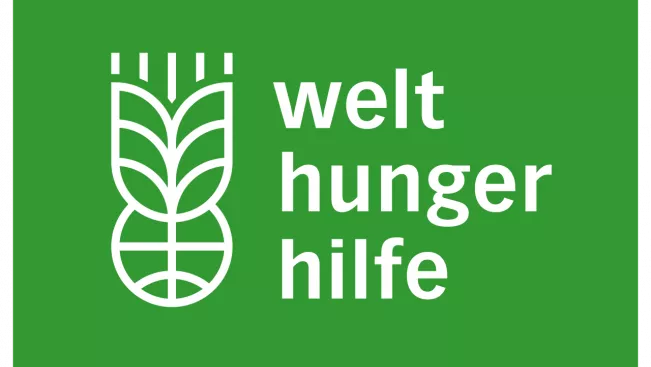
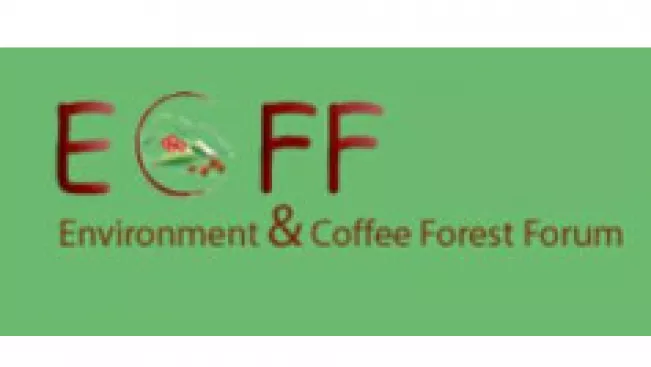
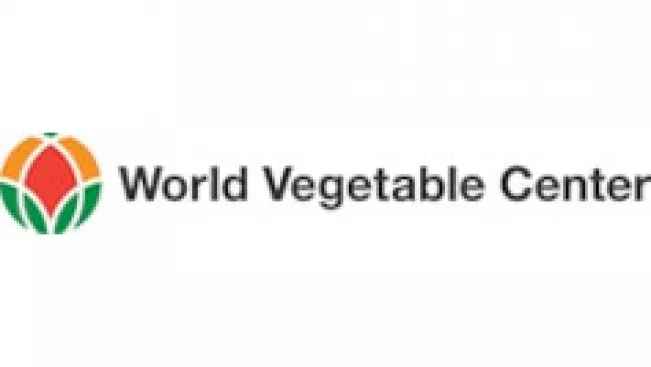
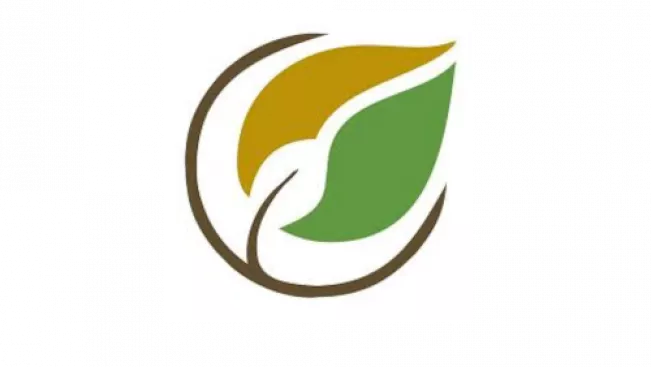
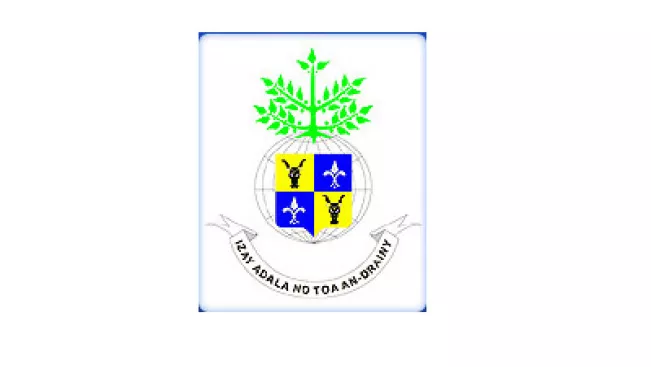
Sponsors
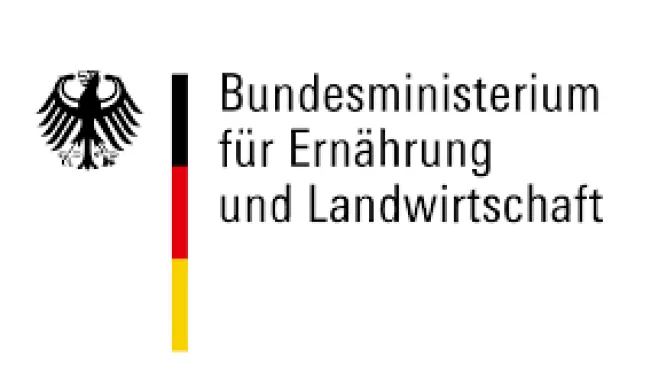
Kontakt

Martin Hamer
Professor for soils and biomass, Director of the International Centre for Sustainable Development (IZNE), Department of Applied Natural Sciences
Research fields
Location
Sankt Augustin
Room
F 311
Address
Grantham-Allee 20
53757, Sankt Augustin
Telephone
+49 2241 865 774